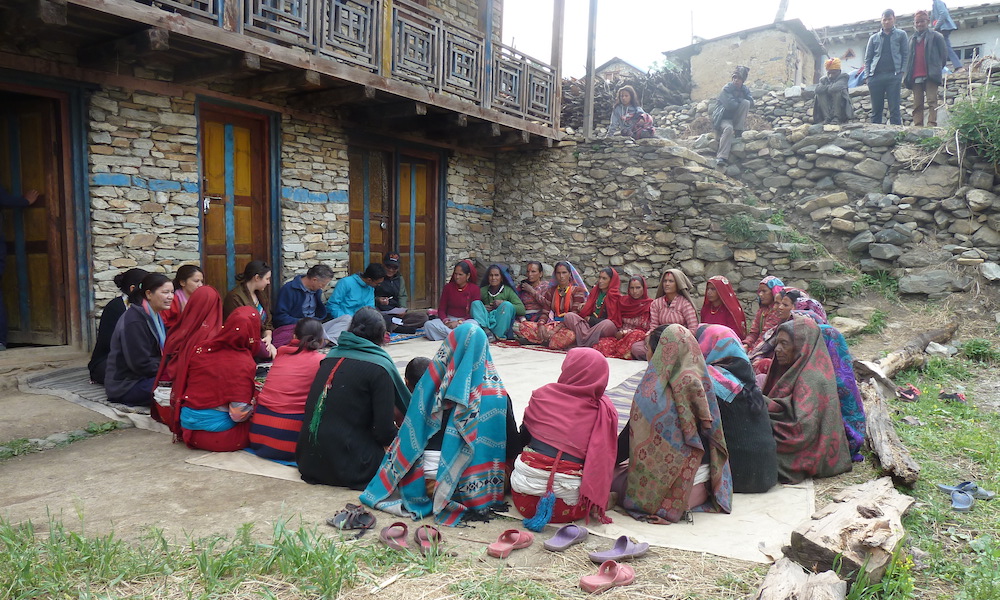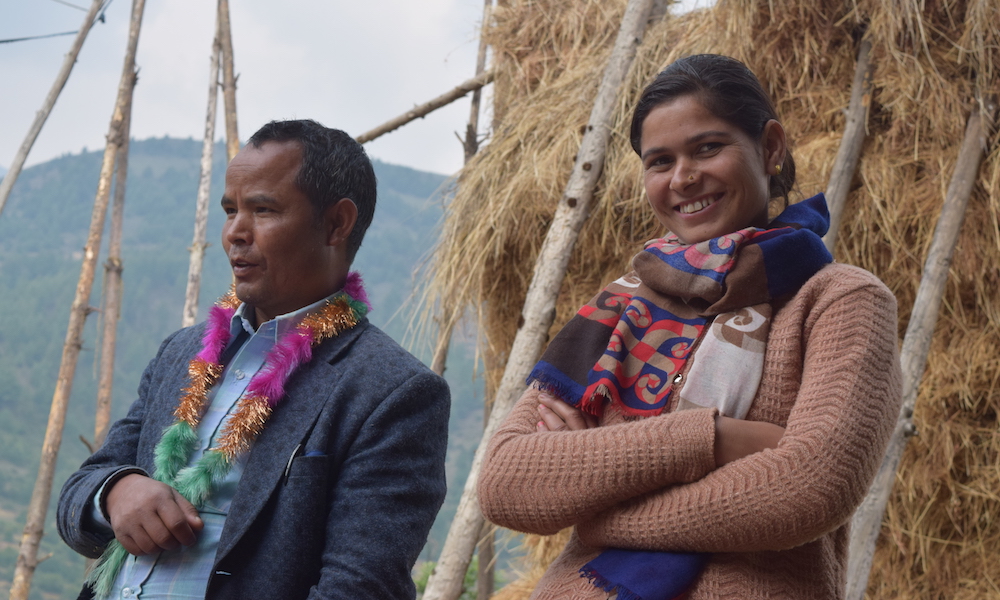On his first trip to Nepal, INF Australia’s Australian Programs Manager Steve Barnett reflects on the challenges faced by INF community staff and the strengths of their uniquely incarnational approach.
When INF’s community development teams first begin to work in a new area, they spend a lot of time talking, listening and seeking to earn the trust of the local community. It’s an essential foundation to lay in any context, but especially crucial for many of the remote communities where INF works. INF doesn’t always start completely from scratch; they often learn that other organisations have been there before, with mixed results.
As INF sought to establish new self-help group in Kapilvastu district, the community was reluctant. “If you’re thinking about starting a savings group, don’t bother,” they said. “We don’t have any money to save.” This wasn’t the only reason they were unwilling. The team discovered that a previous organisation had set up a savings scheme which “collapsed”, and the people had lost everything. Unfortunately it’s not completely unusual for unscrupulous dealers to raise the hopes of vulnerable people, only to fleece them of the little they have. Developing group savings are a key part of INF’s community development approach, but in this case it’s been put on the back burner for a while as trust develops.
INF has a uniquely incarnational approach to community development. Team Leaders move into their working areas so they can genuinely walk alongside the local community. They then identify, recruit and train local Community Mobilisers to train and lead the self-help groups. This level of commitment is costly, often requiring INF staff to live apart from their families and loved ones, but it speaks volumes to people whose expectations have been lowered by previous experience.
“Can INF give us money for (a well, irrigation channel, trees, etc)?” is another question that Team Leaders regularly field. Their response always starts with acknowledging the need for whatever material needs the group identifies. However, they are careful not to make any promises, or even raise expectations, that INF will be the pot of gold that the community dreams of. “If all we do is to give you money for things, once we’re gone the money will stop. Wouldn’t it be better if we support you in seeking funding from the Rural Municipality [local government] for all the projects you think of in the future? Once you gain those skills, you will always have them.”The Ward Chairperson made a point of attending one self-help group meeting we observed in Jumla district. When this very issue was raised, he chimed in to express his appreciation for the work INF is doing in the community, endorsing the focus on training and empowerment, and stating that he would be glad to support any funding requests at the Rural Municipality level. It was a wonderful affirmation for all the members of the Jumla team!
The oft-stated golden rule for community development is “never do for someone what they can do for themselves.” INF can and does provide funding for specific projects when it can’t be obtained from government or other sources. They wouldn’t directly fund the building of an irrigation channel, but they would work to bring the community together to plan and dig one, and might even chip in with bags of cement if it comes to that. The rest is up to the people themselves.




